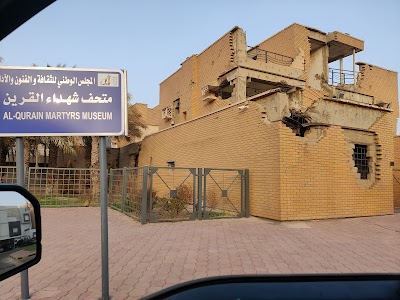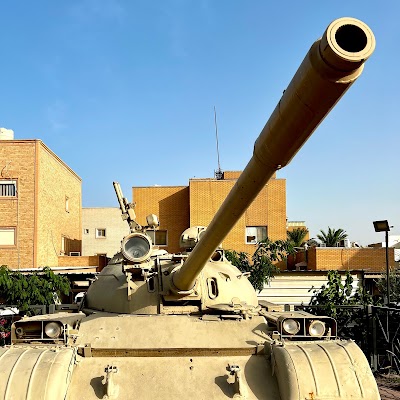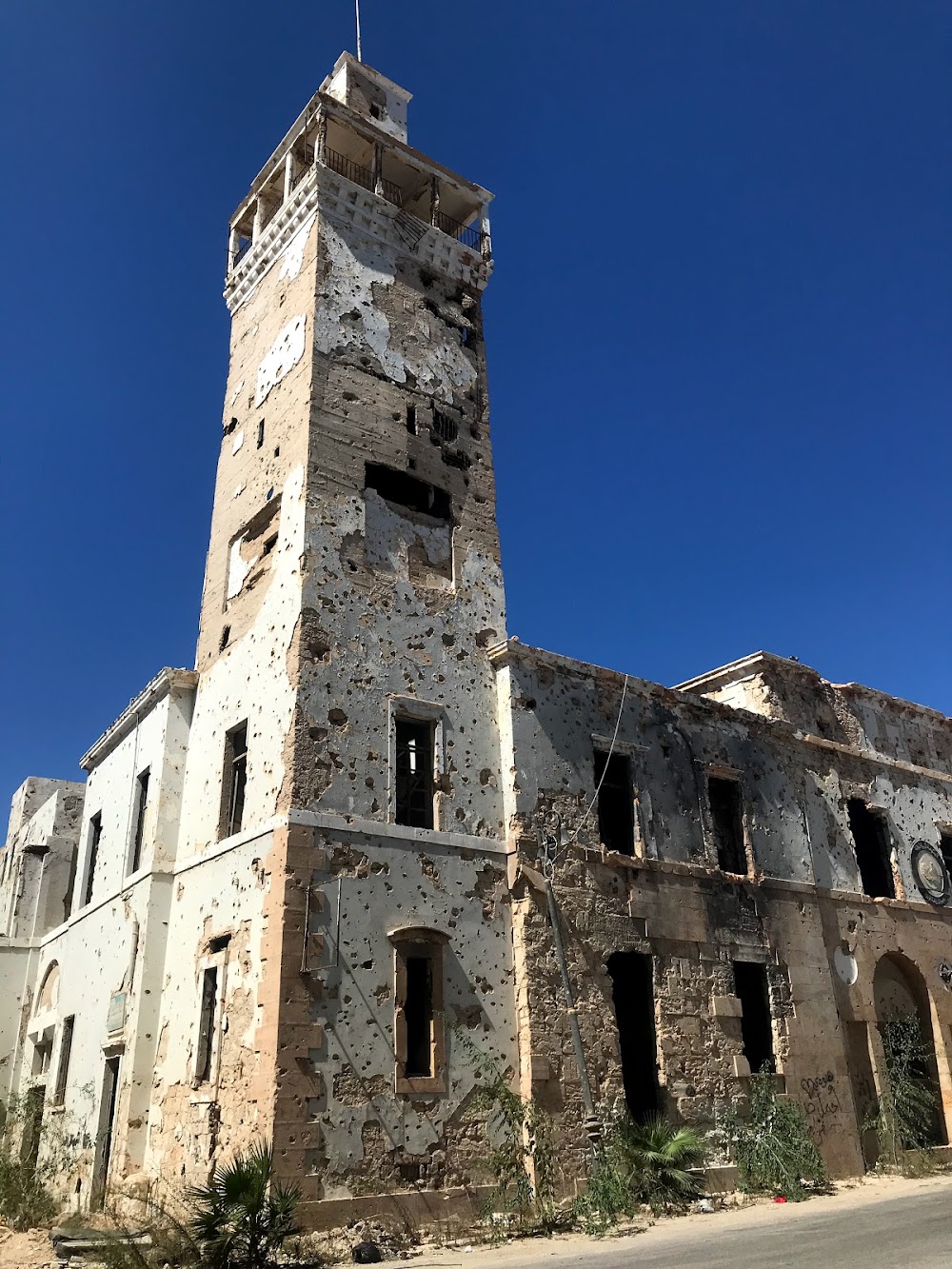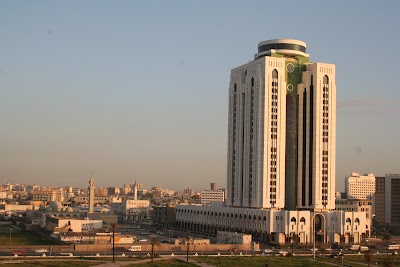Martyrs' Museum (متحف الشهداء)
Overview
Located in the vibrant city of Benghazi, Libya, the Martyrs' Museum serves as a poignant tribute to those who sacrificed their lives for the nation's freedom and independence. This museum, nestled in a country with a rich tapestry of history and culture, provides a unique and profound experience for foreign tourists eager to understand Libya's turbulent past and resilient spirit.
The Martyrs' Museum is housed in a historically significant building that has been meticulously restored to its former glory. As you approach the museum, the solemn exterior immediately sets the tone for the gravity of the exhibits within. The architecture artfully blends traditional Libyan design with contemporary touches, creating a serene yet impactful ambiance that transports visitors to pivotal moments in Libya's struggle for sovereignty.
Inside, the museum is divided into several sections, each carefully curated to narrate different chapters of Libya’s journey toward freedom. One of the most striking exhibits is the Hall of Martyrs, where photos and personal artifacts of those who laid down their lives are displayed. This hall fosters an intimate connection between visitors and the heroes of Libya, allowing you to witness individual stories of bravery and sacrifice.
The museum boasts an extensive collection of documents, photographs, and videos that provide a comprehensive overview of the key events shaping Libya’s modern history. From the early resistance against Italian colonization in the early 20th century to more recent revolts, the museum offers a chronological journey that enhances visitors' understanding of each period's context and significance.
Engaging multimedia exhibits utilize cutting-edge technology to bring history to life. Interactive displays and touch screens offer detailed explanations and background information, making it easier for foreign tourists to grasp the complexities of Libyan history. Compelling documentaries and short films, often with multilingual subtitles, enrich the educational experience, revealing the emotional narratives behind the facts.
A fascinating aspect of the Martyrs' Museum is its dedication to preserving oral histories. In a specially designed audio room, visitors can listen to firsthand accounts from survivors and descendants of the martyrs. These personal testimonials, recorded in multiple languages, add a deeply human dimension to the historical facts, making the stories more relatable and emotionally resonant.
The museum also features a section dedicated to artistic expressions that have emerged from Libya's periods of strife. Paintings, sculptures, and literature created by Libyan artists serve as tributes to the fallen and reflections on the nation's resilience. This gallery not only celebrates Libya’s cultural heritage but also underscores the role of art in healing and uniting communities.
For those looking to delve deeper into Libya’s history, the museum's library offers an extensive collection of books and academic publications on the country’s history, politics, and culture. It’s a valuable resource for researchers and history enthusiasts, providing a quiet space for reflection and study amidst the museum's emotional narratives.
Another highlight of the Martyrs' Museum is the outdoor memorial garden. This serene space, filled with indigenous plants and symbolic sculptures, invites contemplation and remembrance. The garden's design encourages visitors to pause and reflect on the sacrifices made for the country's future, providing a peaceful counterpoint to the museum's more intense indoor exhibits.
A visit to the Martyrs' Museum is not just an educational experience; it’s an emotional journey. It serves as a powerful reminder of the cost of freedom and the enduring spirit of the Libyan people. For foreign tourists, it offers valuable insights into the country’s past struggles and triumphs, fostering a greater appreciation for the complexities and strengths of Libyan society.
In conclusion, the Martyrs' Museum in Benghazi is a must-visit destination for anyone interested in the profound history and resilient spirit of Libya. Its well-curated exhibits, immersive multimedia experiences, and tranquil memorial spaces collectively provide a comprehensive and engaging exploration of the nation's fight for independence. By visiting the Martyrs' Museum, foreign tourists can gain a deeper understanding and appreciation of Libya’s rich historical and cultural landscape.






